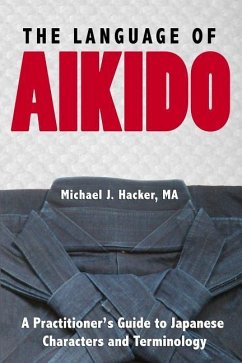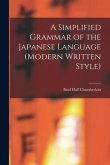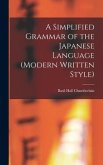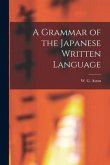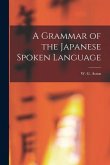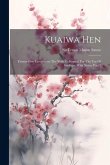Researched and written by a professional linguist with decades of experience as a student of Japanese language, culture, and martial arts-including living and training in Japan for 10 years-"The Language of Aikido: A Practitioner's Guide to Japanese Characters and Terminology" was designed specifically for students and teachers of the Japanese martial art Aikido, but will also be of interest to Japanese language enthusiasts who practice other martial arts such as Karate, Judo, Jujutsu, Iaido, and Kendo.Translating martial arts terminology using a standard Japanese-to-English dictionary is potentially fraught with cultural and contextual errors due to the specialized way that such terminology is used in a Budo study. Even dojo glossaries, while more specifically directed at relevant connotations of such vocabulary, are sometimes lacking in depth and historical and linguist context. Without the combination of a background in the Japanese language coupled with a serious study of Budo, proper understanding of the richness and full meanings of these terms can prove difficult to the non-Japanese speaker. This book attempts to address this problem by introducing the reader to historical and deep contextual information, alternate understandings of terms through the minds of experts in other Japanese martial traditions, and multiple translations of particular kanji (characters).In addition to chapters on Japanese pronunciation and writing systems, this book contains countless entries related to Aikido's history, luminary figures, rank, customs and courtesies, training, equipment, fundamentals, techniques, higher concepts, relevant Japanese proverbs, as well as a sampling of translations of Doka (Songs of the Path) written by Aikido's founder, Ueshiba Morihei. It is, to the best of my knowledge, the single most complete work of its kind in existence in the English language.In the words of Ikeda Hiroshi, Aikikai Shihan 7th Dan and Boulder Aikikai Chief Instructor, "In the process of learning these arts, in addition to learning technical movement, understanding the Japanese language is important-starting with necessary words for use in the dojo including the names of techniques, etiquette-related phrases, practice terminology, and general martial arts vocabulary."
Hinweis: Dieser Artikel kann nur an eine deutsche Lieferadresse ausgeliefert werden.
Hinweis: Dieser Artikel kann nur an eine deutsche Lieferadresse ausgeliefert werden.

